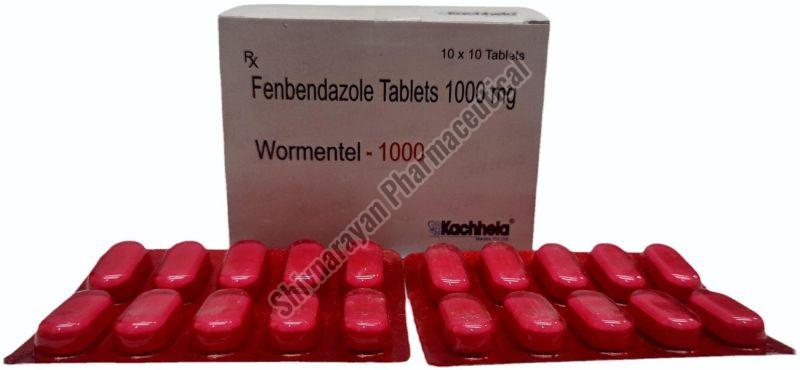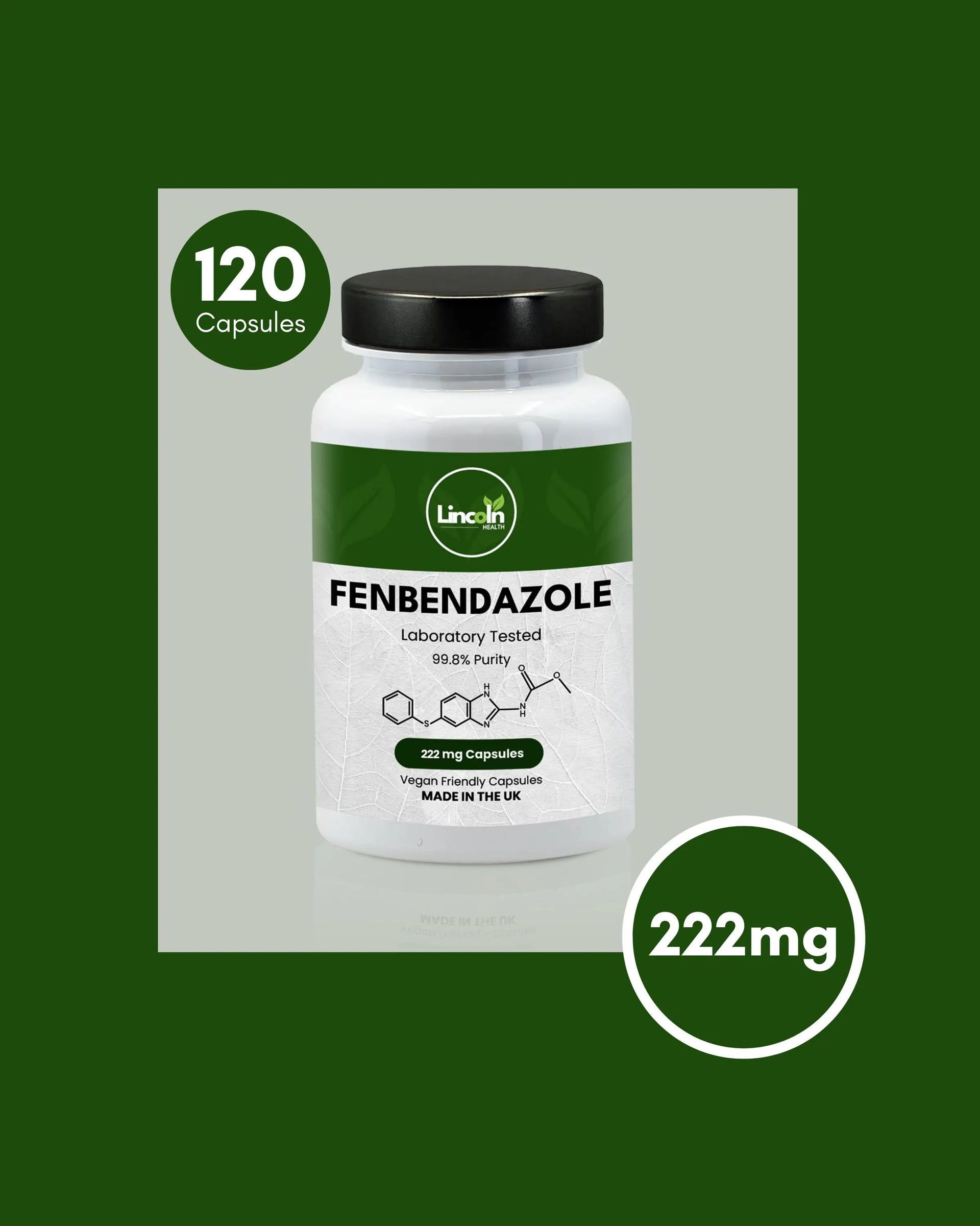fenbendazole 444: Dosage Guidelines You Should Follow
Exploring the Systems Behind Fenbendazole and Its Effect On Pet Health
Fenbendazole is a commonly made use of anthelmintic recognized for its effectiveness against different bloodsuckers. Its key device entails the inhibition of microtubule development, which disrupts vital procedures in these virus. Past its antiparasitic residential properties, fenbendazole additionally shows up to boost immune responses and possesses anti-inflammatory advantages. Understanding these diverse results could reveal new applications for pet health. Nevertheless, questions remain regarding its full potential and safety profile.
The Pharmacokinetics of Fenbendazole
The pharmacokinetics of fenbendazole, a commonly utilized anthelmintic in vet medication, entails the study of its absorption, distribution, metabolic process, and excretion within pet systems. After administration, fenbendazole is quickly taken in from the intestinal tract, with peak plasma focus taking place within hours. Its circulation is affected by elements such as tissue binding and lipid solubility, permitting it to pass through different tissues successfully. The medicine undertakes extensive metabolism primarily in the liver, where it is converted into active and inactive metabolites. These metabolites play a function in the medication's overall efficacy and safety account. Excretion happens mainly through feces, with a smaller percentage eliminated using urine. The half-life of fenbendazole differs among varieties, which affects dosing routines. Recognizing these pharmacokinetic homes is important for enhancing its therapeutic usage and ensuring reliable parasite control in vet practices.
Devices of Action Versus Bloodsuckers
Fenbendazole exerts its antiparasitic results mostly through the restraint of microtubule formation in bloodsuckers. This interruption influences their architectural honesty and mobile features, resulting in damaged energy metabolic rate. As an outcome, the medication properly compromises the survival and recreation of different parasitical microorganisms.
Inhibition of Microtubule Development
Restraint of microtubule development stands for a critical device where particular anthelmintic representatives, including fenbendazole, apply their impacts on bloodsuckers. Fenbendazole binds to tubulin, a protein that forms microtubules, interfering with the polymerization process essential for microtubule assembly. This disturbance impairs necessary mobile features, consisting of mitosis, intracellular transport, and structural stability. As microtubules play a critical role in maintaining the shape and feature of parasitic cells, their restraint leads to cell cycle arrest and ultimate fatality of the parasite. This mechanism is particularly efficient against nematodes, as their dependence on microtubules for flexibility and nutrient absorption makes them vulnerable to fenbendazole. The restraint of microtubule formation is an important facet of fenbendazole's therapeutic effectiveness in vet medicine.
Disruption of Basal Metabolism
Disrupting energy metabolic rate is another vital device through which fenbendazole targets parasitical microorganisms. This anthelmintic alters the energy manufacturing paths within bloodsuckers, primarily affecting their ability to generate adenosine triphosphate (ATP) By inhibiting glucose uptake and interfering with mitochondrial feature, fenbendazole limitations the power resources important for the survival and recreation of these organisms. Therefore, parasites end up being increasingly at risk to environmental tensions and immune reactions. Moreover, the disturbance in basal metabolism not just influences the parasites directly but also decreases their ability to take in nutrients, better impairing their development. On the whole, the interruption of power metabolic rate represents a basic element of fenbendazole's effectiveness versus numerous parasitic infections, contributing greatly to enhanced pet wellness end results
Potential Negative Effects and Safety And Security Profile
The prospective adverse effects and safety and security profile of fenbendazole warrant cautious consideration, especially in veterinary applications. While typically considered as safe, some animals might experience unfavorable responses, including stomach disruptions such as vomiting and diarrhea. Additionally, neurological signs and symptoms, although rare, have actually been reported in delicate individuals, highlighting the demand for tracking throughout therapy.

Fenbendazole's safety and security in various types, consisting of canines and felines, has actually been documented, but dose and period of therapy need to be meticulously managed to decrease dangers. Expecting or breast feeding animals might also need unique focus, as the results on establishing fetuses or nursing spawn are not completely recognized.
Regular veterinary consultations can assist mitigate potential adverse effects and guarantee the medication is administered appropriately. Consequently, while fenbendazole is a reliable anthelmintic representative, caution regarding its adverse effects is important for maintaining animal wellness.

Fenbendazole's Influence on Immune Feature
Fenbendazole has actually been noted for its potential to modulate body immune system actions in pets. Its anti-inflammatory residential properties might add to enhanced immune feature, supplying a twin benefit in taking care of wellness (fenbendazole 444). Recognizing these impacts is crucial for assessing fenbendazole's role in veterinary medication
Immune System Modulation

Anti-inflammatory Qualities
Anti-inflammatory effects stand for a considerable aspect of fenbendazole's impact on immune feature. Research suggests that fenbendazole might reduce the production look at these guys of pro-inflammatory cytokines, which are crucial in mediating inflammatory actions. By regulating these cytokines, fenbendazole can possibly alleviate inflammation-related problems in animals. This anti-inflammatory activity not just help in managing symptoms related to different illness yet also improves total body immune linked here system efficiency. In addition, its capacity to promote a balanced immune feedback assists stop excessive inflammatory damage, which can bring about persistent health problems. Consequently, fenbendazole's duty in inflammation management highlights its significance in veterinary medicine, giving a double benefit of antiparasitic action and immune system assistance for pet health and wellness.
Applications Past Standard Parasitic Infections
While mostly identified for its efficiency versus numerous parasitical infections, fenbendazole has actually amassed interest for potential applications beyond this traditional range. Current studies suggest that fenbendazole may have beneficial effects on mobile health and immune feedback, making it an appealing candidate for taking care of various other health and wellness conditions in pets. Its reported anti-inflammatory residential properties may provide alleviation for pets suffering from chronic inflammatory conditions. In addition, some research study suggests that fenbendazole might contribute in sustaining the total wellness of pets by improving nutrient absorption and intestinal wellness. Moreover, its prospective as a complement therapy in cancer treatment has sparked interest, as initial findings suggest it could prevent tumor cell development in particular contexts. These diverse applications highlight fenbendazole's flexibility, urging further exploration into its complex benefits for animal health and wellness beyond its conventional usage as a deworming agent.
Future Study Directions and Ramifications for Animal Health
The exploration of fenbendazole's prospective applications has opened brand-new methods for research targeted at improving pet wellness. Future researches might focus on its effectiveness versus a broader array of pathogens, including germs and infections, therefore expanding its function in vet medicine. The ramifications of fenbendazole's systems, such as its impact on immune modulation, warrant further investigation to comprehend exactly how it can boost overall wellness in different types.
In addition, research may discover excellent dosages and formulas to make best use of efficiency while minimizing prospective side results. Examining fenbendazole's synergistic results with various other medications could cause extra reliable therapy methods. Longitudinal studies reviewing long-term outcomes in pets treated with fenbendazole can give useful understandings into its security and performance. On the whole, the continued exploration of fenbendazole supplies encouraging potential to improve animal wellness, necessitating a collective strategy amongst scientists, veterinarians, and pharmaceutical developers to promote innovations in this area.
Frequently Asked Inquiries
Can Fenbendazole Be Made Use Of in Animals for Parasite Prevention?
The concern of whether fenbendazole can be utilized in animals for bloodsucker avoidance is appropriate, as producers look navigate to these guys for efficient therapies (222 mg). Study indicates it might offer benefits, yet appropriate guidelines and veterinary recommendations are important for risk-free use
What Is the Advised Dosage of Fenbendazole for Various Pets?

Are There Any Kind Of Recognized Medicine Communications With Fenbendazole?
Existing knowledge shows that fenbendazole might interact with particular drugs, possibly influencing their efficacy or metabolic rate. Veterinary professionals suggest talking to a vet to evaluate specific animal situations and figure out any possible interactions prior to management.
Just How Does Fenbendazole Compare to Other Antiparasitic Medications?
Fenbendazole is commonly compared to various other antiparasitic medicines based upon efficacy, spectrum of task, and safety accounts. It is preferred for its effectiveness against a variety of parasites while typically displaying minimal adverse effects in pets.
Is Fenbendazole Effective Against Viral or Microbial Infections in Pets?
The performance of fenbendazole versus viral or microbial infections in pets stays unverified. Study mostly concentrates on its antiparasitic residential properties, with limited evidence sustaining any role in treating non-parasitic infections in veterinary medication.